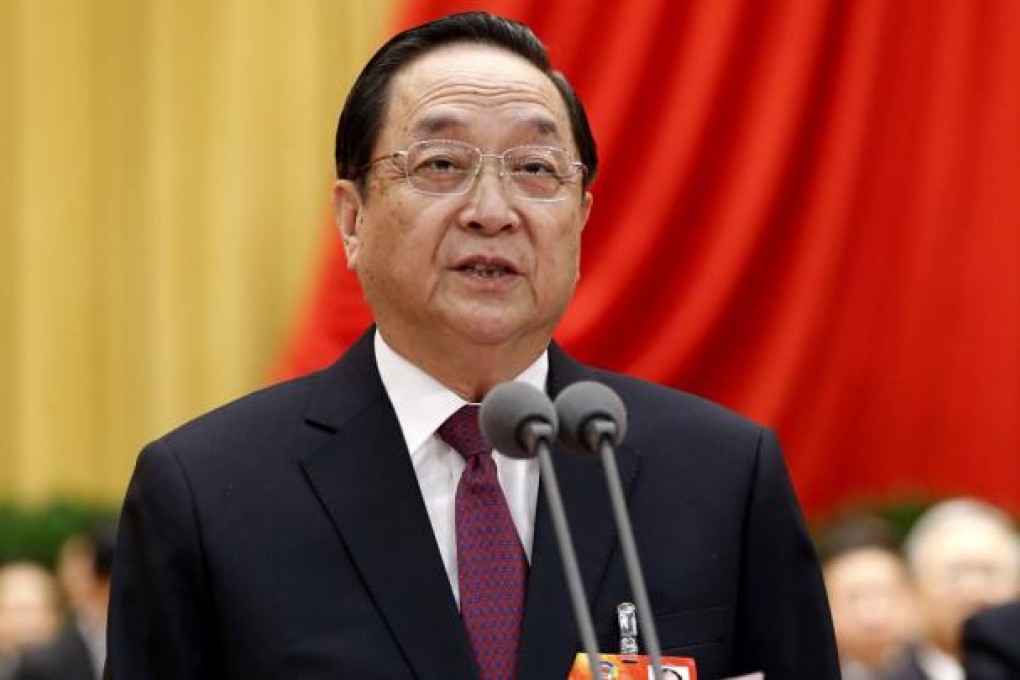
For some in Hong Kong, the truth can be hard to swallow. State officials have several times over the past week reiterated a long-standing dictum that whoever leads our city has to be able to work with Beijing. Their comments have rekindled a debate that raged nine years ago over patriotism and the criteria for choosing our chief executive and lawmakers. There is nothing untoward about the statements; they are simply reminding us of a reality that can be easily ignored in the heat of politicking.
Yu Zhengsheng, a member of the Communist Party Politburo Standing Committee, told Hong Kong representatives to the Chinese People's Political Consultative Conference on Wednesday that only those who were patriotic could be allowed to lead our city after the introduction of universal suffrage. At the weekend, Lu Xinhua , CPPCC spokesman and former commissioner for the Ministry of Foreign Affairs in Hong Kong, said that someone who loved the nation and city had to be elected. These observations are not remarkable or controversial. They are consistent with sentiments expressed by former leader Deng Xiaoping three decades ago in laying out the guiding principles of "one country, two systems".
Deng stated that post-1997, Hong Kong's main administrators would, by necessity, be patriots. He defined a patriot as "one who respects the Chinese nation, sincerely supports the motherland's resumption of sovereignty over Hong Kong and wishes not to impair Hong Kong's prosperity and stability". Any representative has to be such a person; they have to have the interests of our nation and city at heart. What officials have said this week is only restating the obvious.
Yet, as in 2004 after the release of a commentary by the state news agency Xinhua detailing what constituted a patriot and who in Hong Kong was not one and why, some in the community are alarmed at the latest remarks. Just as in 2004, the comments are perceived as an attempt to tamper with the fundamentals of universal suffrage, promised for the chief executive election in 2017 and for the Legislative Council in 2020 at the earliest. It is not a case of interference, but a reminder that Hong Kong and Beijing have to work together.
We need open public discussion, but not centred only on patriotism. The focus has to be the process for choosing our chief executive under a democratic electoral system. There are important details to be worked out and the effort has to be all-encompassing. The process will allay worries and concerns.